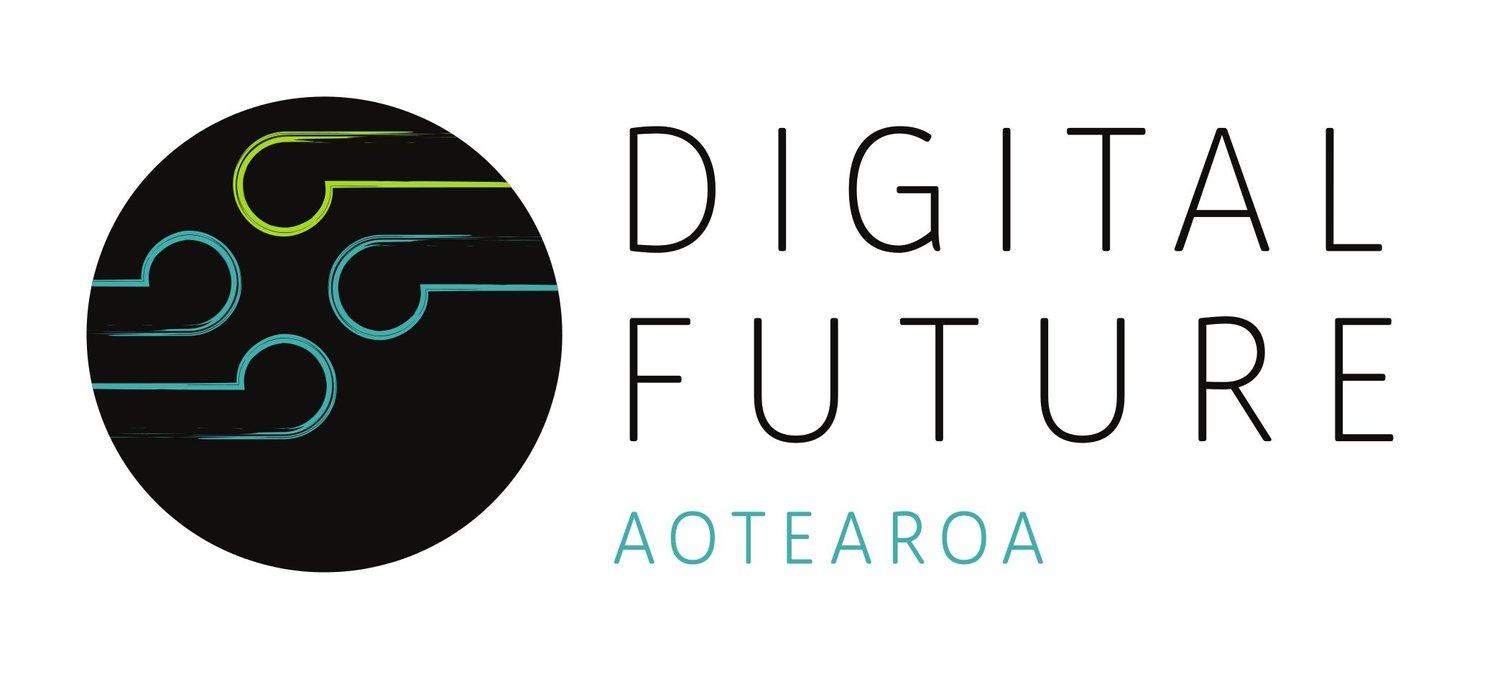It’s Time to Support the Charities That Support You
The significant contributions of nonprofits are at risk of disappearing in 2024.
Aotearoa has an immense network of charitable organisations doing the necessary mahi to make life better for our people. Many more New Zealanders would be going hungry, living in unsafe conditions, stuck in bad situations, lacking career prospects, or left mentally struggling without the support provided by the myriad charities and nonprofits around the nation. These organisations provide huge value on shoestring budgets, with no long-term stability. Most must reapply for grants and contracts annually.
For many of these organisations, 2024 is proving to be a difficult year—and this is likely to continue into 2025. The financial priorities of the current government combined with a cost of living crisis means that a lot of groups are finding that funding from regular (and previously fairly reliable) sources has dried up.
Food charities supporting more than half a million NZers experienced unprecedented demand in 2023, while many organisations have shut down or are facing closure (StarJam, Hear4U, and TYLA are among those in the media representing an array of sectors). In this bleak landscape, it’s time for people with the ability to donate to dig in and do it—or see holes appear in the fabric of our society.
Investing in the future
Bronwyn Scott,GM of Digital Future Aotearoa
Digital Future Aotearoa is in the same boat as other non-profit organisations in Aotearoa. We rely on funding from various sources to help us bridge the digital divide through RAD, Code Club, and our other initiatives.
For many people, the impact of a foodbank is clear—it feeds people who would otherwise be hungry. For a charity like DFA, the impact might be more difficult to imagine and the results less quantitative. What we’re doing, however, is an investment in the future.
The tech industry in Aotearoa captures:
8% of GDP ($20.98 billion)
5% of jobs
11% of exports
The tech sector offers an opportunity for pathways to higher paying jobs (average annual salary is $99,740) in a growing economy, which is also facing a skills crisis.
Tech is clearly an area of huge potential when it comes to career options. This, combined with the fact that basic computing knowledge is now required for many basic life tasks, demonstrates the importance of our mission. We’re creating a more level playing field when it comes to tech skills and resources.
Historically disadvantaged groups, including low socio-economic communities and Māori and Pasifika populations (to name a few) are disproportionately represented in manual labour type jobs. These are often the roles at risk of being replaced by tech. Upskilling these groups not only helps to address a skills shortage that’s fuelling a very lengthy “green list” for Immigration New Zealand. It will also boost prospects for those on low wages, increase earning potential, and create a flow-on effect that helps whānau to thrive.
If there are any potential donors who might acknowledge the importance of the mahi that DFA does, it would be those in the tech sector! We have received quite a few awards over the years, and these are lovely—but for our work to continue, funding is required. The next tech superstar might be lurking in a Code Club right now, laying the groundwork for creating the next billion-dollar product idea.
We’d love to see tech companies get on board with the DFA kaupapa, particularly as government funding is very sparse. Our team is always grateful for the donors we do have who understand how crucial it is to provide all Kiwis with what they need to not only live but thrive in an increasingly digital world.
Dig in with us
Could you manage life without a device for a day? A week? A year? For most of us, the answer is a hard “no”. But simply asking the question makes the value of DFA’s offering fairly clear. Ensuring people are fed and clothed is crucial. Giving them tools for a better future contributes to creating a society of which we want to be a part.
If you have the resources, however small, to help support DFA and other charities doing good work across the motu, here are a few easy ways you can donate:
For the month of July 2024, we’re featured on One Good Kiwi. This costs you nothing—simply use digital tokens to vote for us to receive a share of One NZ’s monthly $100,000 donation.
One Percent Collective makes it simple to donate 1% of your income to impactful charities. It’s like a subscription: sign up, choose the charities you’d like to support (DFA is one of the options) and make a difference.
Share My Super allows superannuants living comfortably to share some (or all) of their super with selected charities, helping to ensure that their good work can continue. DFA is a listed charity.
You can make a direct monetary donation to DFA here.
Recycle A Device is always on the lookout for quality laptops with chargers to use as teaching tools, repair, and pass on to those in need of devices. This is a fantastic option for companies seeking ways to support our kaupapa.
The critical role that charitable organisations play in Aotearoa may only be fully recognised once they begin to disappear. We don’t want to reach that point! If you are able to support DFA or any other of our wonderful nonprofit fellows, now is the time to get onboard.



